The Scientific Method
The Scientific Method details the process in which scientific inquires are developed and explored: hypotheses and experimentation.
Science
An attempt to comprehend the nature of the universe.
Science is the field of study that attempts to comprehend the nature of the universe. It is the knowledge that covers general truths or the operation of general rules, especially when acquired and tested by the scientific method.
The scientific method is a method of research with defined steps that include experiments and careful observation. Through the scientific method, a hypothesis is a suggested explanation for an event, which one can test. A hypothesis may become a verified theory. A theory is a tested and confirmed explanation for observations or phenomena.
The Scientific Method
Steps of research.
The scientific method begins with proposing a hypothesis. This hypothesis is a developed, suggested explanation that is testable. A prediction can be formed from a hypothesis, usually in an “if… then” statement. A hypothesis must be testable and falsifiable. A hypothesis can be disproved because science cannot definitely prove anything – there is always new evidence to consider and results can change with new technology. When testing a hypothesis, there are variables. A variable is any part of the experiment that can be changed. A test can contain a control group, which contains every feature of the experimental group that is not manipulated. A control group is used to compare to other groups in order to observe the change in relation to the hypothesis. A hypothesis can only be rejected, it cannot be proved to be true.
Scientific Reasoning
Inductive vs. Deductive.
Inductive reasoning is a form of logical reasoning that uses related observations to arrive at a general conclusion. One may infer conclusions based on data and observations.
Deductive reasoning is a form of logical reasoning that uses a general law or principle to predict results. One may deduce predicted results from a law.
